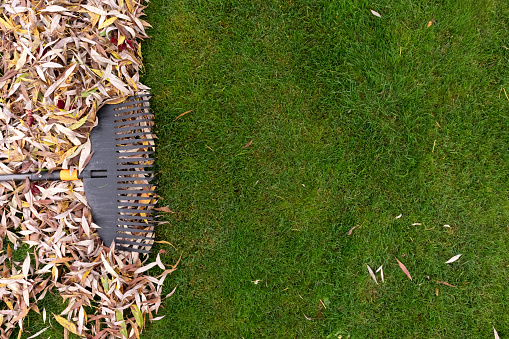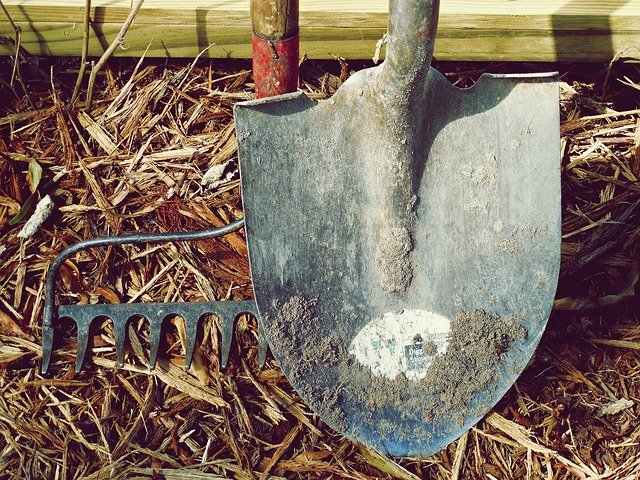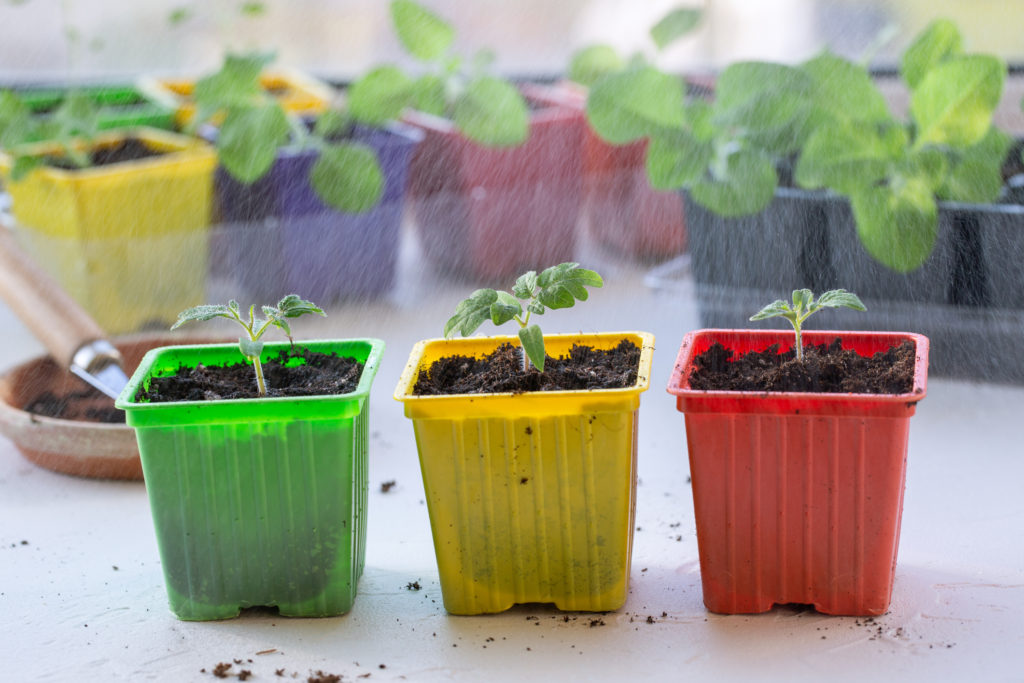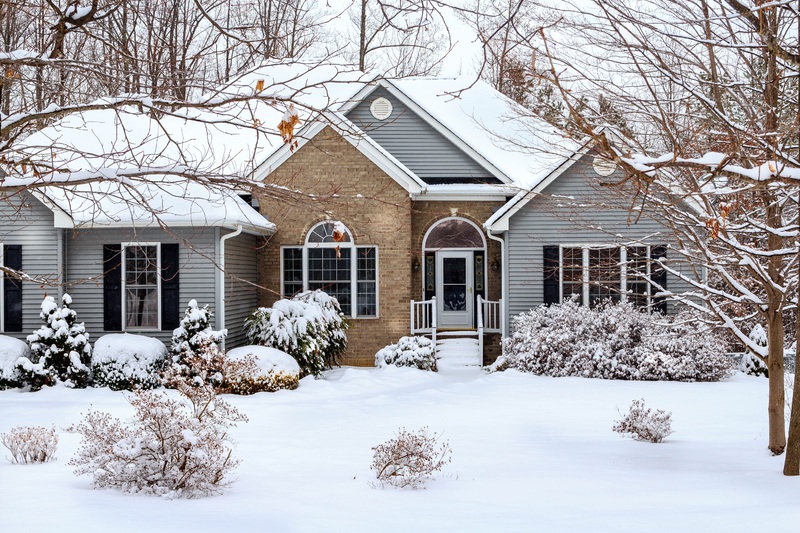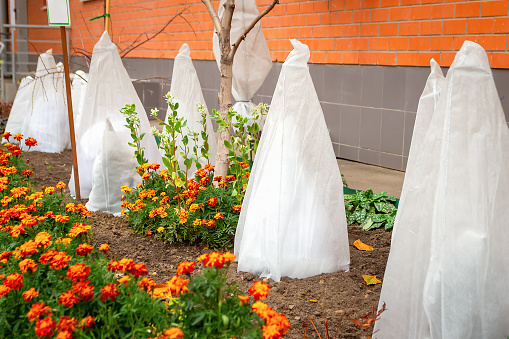
Just because it may be too cold to actively tend to your garden, that doesn’t mean you should neglect it! Looking after your garden is still essential in the winter, as ignoring it can bring rise to all sorts of problems in the warmer seasons. There are many ways you can care for your garden, but here are just a few winter gardening tips to consider:
Cover Your Plants
The best way to protect your plants from the forces of Mother Nature is to simply cover them! Covering your plants safeguards them from frosting and eventually freezing entirely. It also helps fight against soil erosion! There are several ways you can go about covering your delicate greenery, ranging from popup plant protectors, mobile greenhouses, or even bed sheets or comforters if you’re in a pinch. This is a simple tip, but possibly the most effective protective measure!
Deweed Your Garden
This may be one of the most basic, general gardening tips, but it’s still an important one. Weeds will fight your plants for precious real estate underground, so you’ll want to take care of that before the weeds stunt your plants’ growth. Removing invasive plants is just one of many imperative winter gardening tips to help maintain your garden for this season and those upcoming.
Add or Replace Mulch
Mulch is another great method to combat weeds in your garden, as they block off sunlight that weeds need to grow. Additionally, adding mulch can also reap several benefits for your soil. Mulch enhances the soil with nutrients, retains moisture, modulates soil temperature, and helps prevent soil erosion, among other things. Only the most careful gardeners use mulch to their advantage!
Do Not Forget To Water
Plants require consistent water consumption, just like we do! Whatever your concerns may be regarding watering your plants in frigid temperatures — throw them out the window. Even when the ground is frozen, you should still water your plants once a week, and new plants need to be watered even more. Do not overdo it, of course, as your plants do indeed require less water in the winter as opposed to other seasons. Just don’t forget to give your plants the sustenance they require!
We understand that tending to a garden yourself can be a massive undertaking. Whether you need some additional winter gardening tips or an expert landscaping team to do the work for you, be sure to contact the Giovine Landscaping team today!
